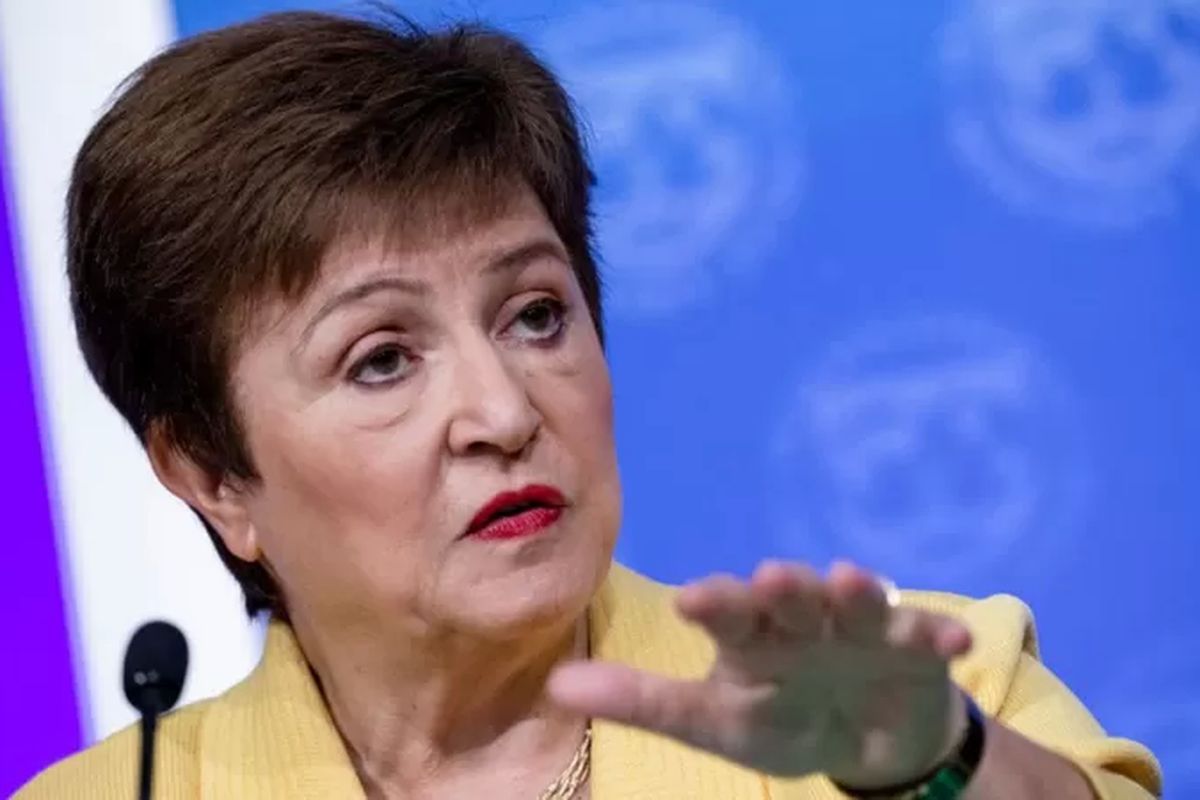Despite rising concerns over political uncertainty in the United States, the International Monetary Fund (IMF) remains optimistic about the global economy. Recently, the IMF stated that it does not foresee a global recession triggered by the potential political and economic effects of Donald Trump’s influence or policies, especially in the lead-up to the 2024 U.S. presidential election.
In this article, we’ll explore why the IMF maintains a positive outlook, how Trump’s policies may impact global markets, and what this means for economic stability worldwide.
Trump’s Impact: Political Shocks with Global Ripples
Donald Trump’s political return continues to create waves in global markets. His previous administration brought major policy shifts, such as:
- Aggressive trade tariffs, particularly against China
- Withdrawal from key international agreements
- Strong rhetoric on NATO and global alliances
- A push for economic nationalism and protectionism
Understandably, businesses and investors are watching closely. The potential for trade tensions, supply chain disruptions, or sudden regulatory changes has led to speculation about global economic slowdowns.
However, despite these fears, the IMF remains calm and confident.
IMF’s Statement: No Recession Triggered by Trump
In a recent press briefing, IMF economists emphasized that there is no sign of a global recession, even with rising geopolitical tensions and uncertainty over U.S. policy direction. According to the organization, the global economy has proven resilient, supported by:
- Strong labor markets in major economies
- Declining inflation in key regions
- Continued consumer spending and investment flows
- Improved economic performance in emerging markets
The IMF also pointed out that structural improvements made during the pandemic recovery have strengthened the global economic foundation. As a result, short-term shocks—such as political events—are less likely to derail global growth.
Why the Global Economy Is Holding Steady
There are several reasons why Trump’s possible return to power isn’t expected to trigger a recession:
- Diversification of global trade: Countries are no longer as dependent on U.S. markets as they once were.
- More robust fiscal policies: Many nations have stronger tools to manage external shocks.
- Private sector adaptation: Businesses have adjusted to political volatility over the past decade.
- Regional trade alliances: Asia, Europe, and Africa have expanded intra-regional cooperation, reducing vulnerability to single-nation disruptions.
These factors contribute to a more balanced and shock-resistant global economy.
Caution Remains, But Panic Isn’t Justified
While the IMF’s outlook is positive, it also stresses the importance of policy consistency and international cooperation. The global economy still faces risks from:
- Climate change
- High public debt in developing countries
- Potential monetary policy shifts
- Ongoing geopolitical conflicts
Still, none of these risks, including those potentially linked to Trump-era policies, are severe enough to cause a full-blown recession—at least in the near term.
Conclusion: Steady Ahead Despite Political Waves
Although Donald Trump’s political moves can stir headlines and market reactions, the IMF reassures the world that the global economy remains on solid ground. With strengthened systems, diversified trade, and stable demand, the threat of a recession remains distant.
As we move forward, global cooperation and smart policymaking will be key to maintaining momentum. For now, the world economy is moving forward—cautiously, but confidently.








